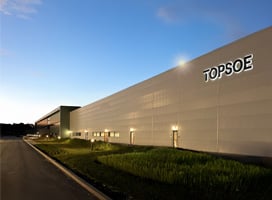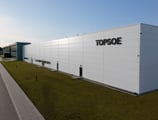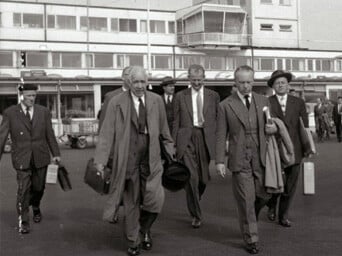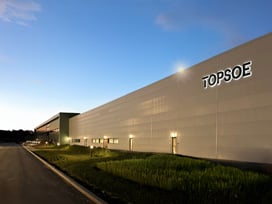Meet emission directives while improving your sulfur management
TK-220 is a CoMo catalyst that is specifically developed for treating tail gases derived from Claus or other similar units.
Optimized to give you optimal performance
Your Claus tail gas treating units is ensured a long lasting and stable performance with our catalysts. In fact, end-of-run for any of our tail gas catalysts is typically caused by an operational upset, such as burner operation issues causing soot formation or a temperature runaway, rather than the gradual loss of catalytic activity.
Our portfolio consists of three unique catalysts: TK-220 (extrudate), TK-222 (ring) and TK-224 (sphere). The catalysts have been optimized on four crucial.
Cost efficient without compromising activity
TK-220 is our cost-efficient catalyst for tail gas treating with a very low bulk density, resulting in low filling cost of your reactor without compromising activity. The catalyst has the capability of converting the CO and H2O to H2 and CO2 via the water-gas shift reaction while ensuring the required sulfur conversion. These reactions are enhanced by the high surface area and optimized porosity of TK-220.
.png)








![SAF Airplane runway[1]-1 1](https://www.topsoe.com/hs-fs/hubfs/SAF%20Airplane%20runway%5B1%5D-1%201.png?width=800&height=640&name=SAF%20Airplane%20runway%5B1%5D-1%201.png)



